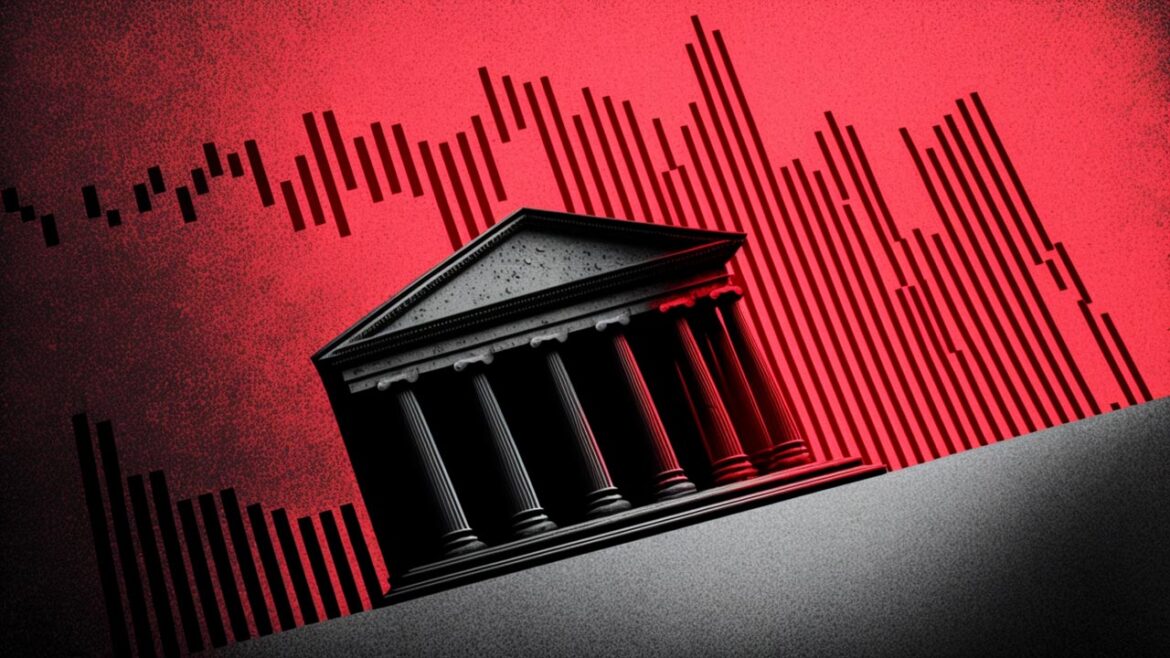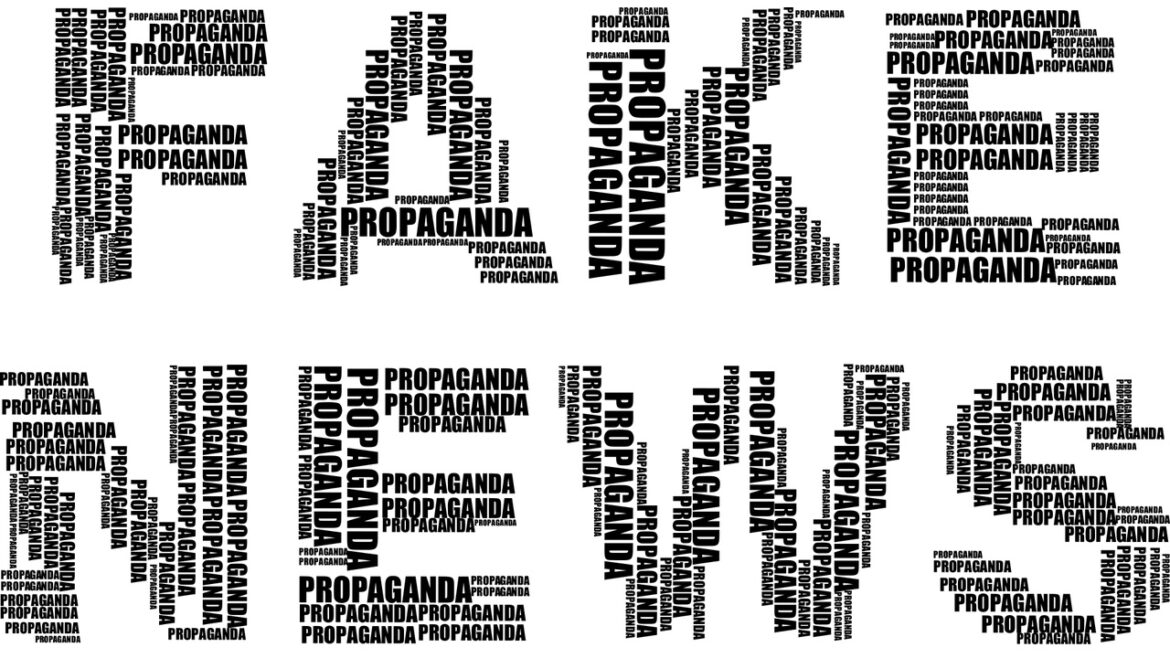Gold has all the potential to go unprecedentedly high. But silver will be gold on
Site:
Precious metals news
A new world order is evidently well underway with BRICS and Shanghai Cooperation Organization (SCO) nations offering ample alternatives to the hegemonic Collective West.
Signs of de-dollarisation are unfolding in the global economy, strategists at the biggest U.S. bank JPMorgan said on Monday, although the currency should maintain its long-held dominance for the foreseeable future.
Argentina has signed a deal to renew its currency swap line with China and double the amount it can access to near $10 billion, the South American country's central bank said in a statement on Friday, a boost to its dwindling foreign currency reserves.
Brazil's central bank chief Roberto Campos Neto expressed his opposition on Friday to the creation of a common currency, stating that in the era of digitalization it is unnecessary to have a shared currency for its purported benefits.
Without question, U.S. consumers have buried themselves under a huge mountain of debt. The latest report from the New York Federal Reserve shows that total household debt has eclipsed $17 trillion for the first time ever. Of this, $12.04 trillion is mortgage debt, followed by $1.60 trillion in student debt, $1.56 trillion in auto debt, and about $1 trillion in credit card debt. Other debt, at $510 billion, and home equity line of credit, at $340 billion, round out the debt pile.
Republicans and Democrats are touting a hastily-written debt ceiling deal that staves off a devastating U.S. default, but does little to slow a massive buildup of total federal debt now on pace to exceed $50 trillion in a decade.
Consumers facing high asset prices and rising interest rates have a few loan options. None are particularly attractive.
With a debt ceiling deal freshly inked, the US Treasury is about to unleash a tsunami of new bonds to quickly refill its coffers. This will be yet another drain on dwindling liquidity as bank deposits are raided to pay for it — and Wall Street is warning that markets aren’t ready.
 The Debt Ceiling "Crisis" Is Over And Now US Debt Will Rise From $31 Trillion To $50 Trillion By 2030
The Debt Ceiling "Crisis" Is Over And Now US Debt Will Rise From $31 Trillion To $50 Trillion By 2030Jun 5, 2023 - 05:41:50 PDT
“No one got everything they wanted, but the American people got what they needed,” said Biden in his twelve-minute address to the nation. “We averted an economic crisis and an economic collapse,” continued the President, seated behind the Resolute Desk.
While a U.S. default on its debt has been averted, the possibility of another credit rating downgrade remains, as 11th-hour debt ceiling negotiations have become an almost regular feature in recent U.S. history.
President Joe Biden on Saturday signed a bill that suspends the U.S. government's $31.4 trillion debt ceiling, averting what would have been a first-ever default with just two days to spare.
The Federal Reserve's policy meeting next week came into sharper focus, after strong jobs data and the passage of the US debt-ceiling bill on Friday gave investors reason for hope, with the major US stock indexes closing higher on Friday. President Joe Biden signed the bill into law at the weekend.
Shares held firm and the dollar edged up on Monday as investors priced in reduced odds of a June rate hike by the Federal Reserve after a mostly encouraging U.S. jobs report, while oil prices jumped after Saudi Arabia pledged big output cuts.
Please note: the CoTs report was published 06/02/2023 for the period ending 05/30/2023. “Managed Money” and “Hedge Funds” are used interchangeably.Managed money has once again bailed on gold, which drove the price back below $2000 an ounce despite the “Other” group stepping in to absorb some of the selling.
We have a debt ceiling deal.And the deal is there is functionally no debt ceiling until January 2025.
As the United States ramps up Green Energy, the tremendous costs and problems are escalating. We can see this through a perfect example in the Troubling Signs at PGE - Portland General Electric Utility. PGE is a typical example of the Green Energy Transition Disaster occurring in the U.S. and worldwide.
The BLS reported that a whopping 339,000 jobs were added in May. This crushed median estimates of 190,000 jobs added. The Household Survey tells a very different story though, reporting a loss of 310,000 jobs.
The precious metals expert delves into the underreported decision of the People’s Bank of China to start preparing its 1.4 billion citizens for opting out of the dollar and into gold, explaining how this will impact gold’s supply, demand and price.
The bottom line is gold’s hawkish-Fedspeak-driven May pullback has likely mostly run its course. Top Fed officials have been talking tough on future rate hikes, but now they have to quit with the next FOMC meeting nearing. That should help reverse recent heavy gold-futures selling into buying, reigniting gold’s interrupted upleg. Battered gold stocks will fly higher with gold, earning fast gains for smart contrarians.
Gold slipped on Friday as hotter-than-expected U.S. jobs data lifted Treasury yields, but was on track for a weekly gain as a higher unemployment reading kept alive hopes that the Federal Reserve would pause interest rate hikes.







